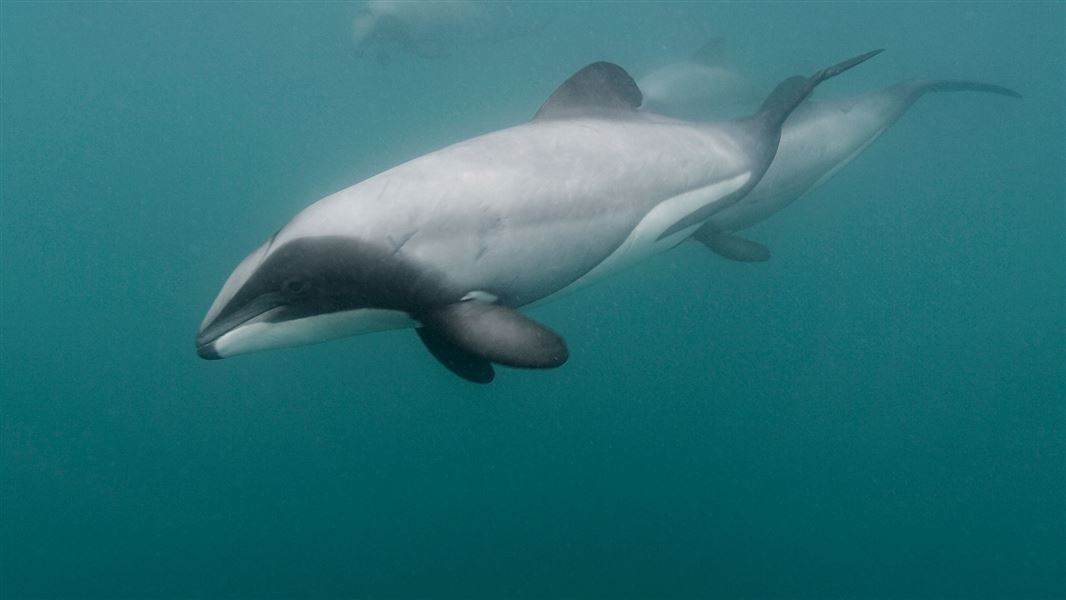Date: 24 March 2024
In New Zealand, marine mammals including Hector’s dolphins/upokohue are protected species under the Marine Mammals Protection Act and Marine Mammals Protection Regulations. This legislation directs how vessels must behave around marine mammals and says it is illegal to harass or disturb them. All vessels and people involved in the SailGP event, including any support boats or spectators, must abide by this legislation. It is a legal requirement. People controlling vessels who encounter a dolphin or other marine mammal must travel no faster than idle/no wake speed if within 300m of a dolphin, and do not herd, harass or obstruct marine mammals or cut through groups.
DOC does not have a role in permitting or allowing the race to go ahead. DOC’s role is to advocate for marine mammals and to carry out compliance functions if any incidents involving protected wildlife were to occur which may have broken the law.
SailGP has chosen to hold its event in a marine mammal sanctuary that was established for the protection of Hector’s dolphins. This decision to hold the event there was made in the full knowledge that protection of the dolphins from the impact of boats will be paramount.
In the lead-up, DOC provided feedback and advice on the race organisers’ marine mammal management plan, working closely with Te Hapū o Ngāti Wheke, Rāpaki. Our feedback focused on technical advice ensuring the plan reflected the Marine Mammals Protection Act and Regulations and advocating for the safety of marine mammals.
The marine mammal management plan was developed by and belongs to the race organisers. DOC does not have a role in implementing it. We have staff at the event, including a vessel on the water, who are prepared to respond if an incident involving a marine mammal was to occur.
Hector’s dolphins/upokohue have a conservation status of “Threatened – Nationally Vulnerable”, which means they have been assessed as facing a high risk of extinction in the medium term. They are unique to New Zealand and are one of the world’s smallest and rarest marine dolphins.
At this time of year, mothers and calves are present in the harbour and calves have been seen on the course this weekend. Newborn calves and young animals are vulnerable to boat strike as they are less aware of risk, spend more time on the surface and dive more slowly than mature dolphins.
We recognise the importance of events to the region and acknowledge yesterday’s cancellation would have been disappointing for spectators and racers.
The above can be attributed to Henry Weston, DOC Deputy Director-General Operations.
Contact
For media enquiries contact:
Email: media@doc.govt.nz
